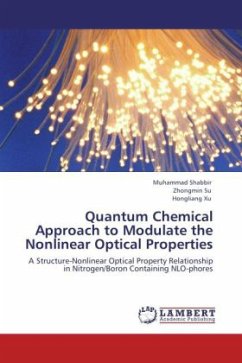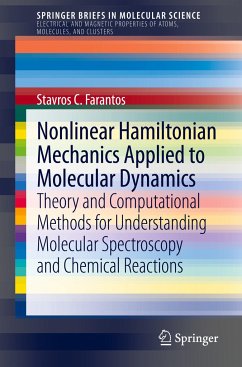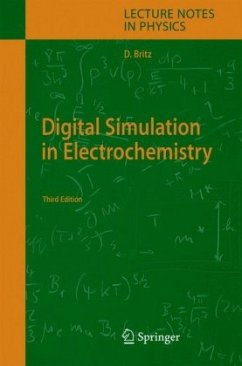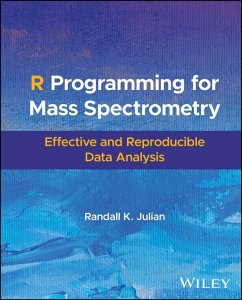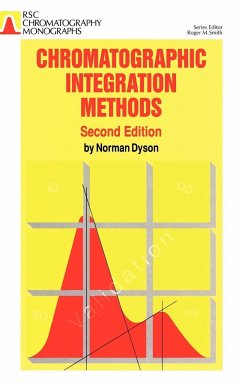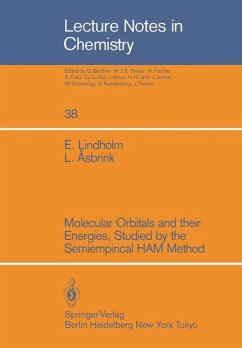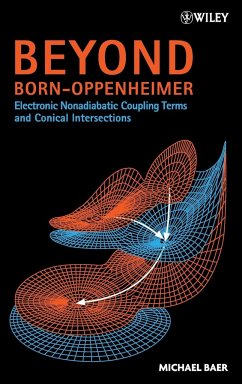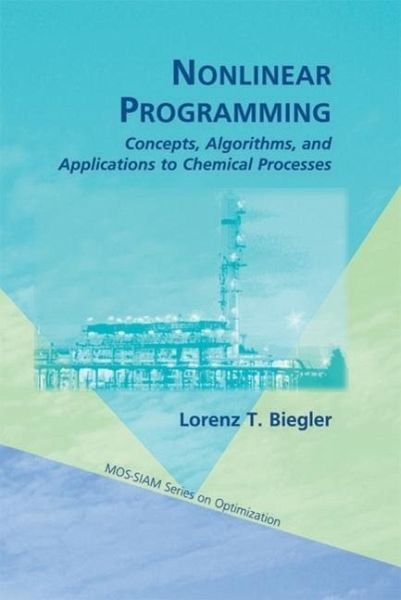
Nonlinear Programming
Concepts, Algorithms, and Applications to Chemical Processes
Versandkostenfrei!
Versandfertig in über 4 Wochen
92,99 €
inkl. MwSt.

PAYBACK Punkte
46 °P sammeln!
This book addresses modern nonlinear programming (NLP) concepts and algorithms, especially as they apply to challenging applications in chemical process engineering. The author provides a firm grounding in fundamental NLP properties and algorithms, and relates them to real-world problem classes in process optimization, thus making the material understandable and useful to chemical engineers and experts in mathematical optimization. Nonlinear Programming shows readers which NLP methods are best suited for specific applications, how large-scale problems should be formulated and what features of ...
This book addresses modern nonlinear programming (NLP) concepts and algorithms, especially as they apply to challenging applications in chemical process engineering. The author provides a firm grounding in fundamental NLP properties and algorithms, and relates them to real-world problem classes in process optimization, thus making the material understandable and useful to chemical engineers and experts in mathematical optimization. Nonlinear Programming shows readers which NLP methods are best suited for specific applications, how large-scale problems should be formulated and what features of these problems should be emphasized, and how existing NLP methods can be extended to exploit specific structures of large-scale optimization models.



